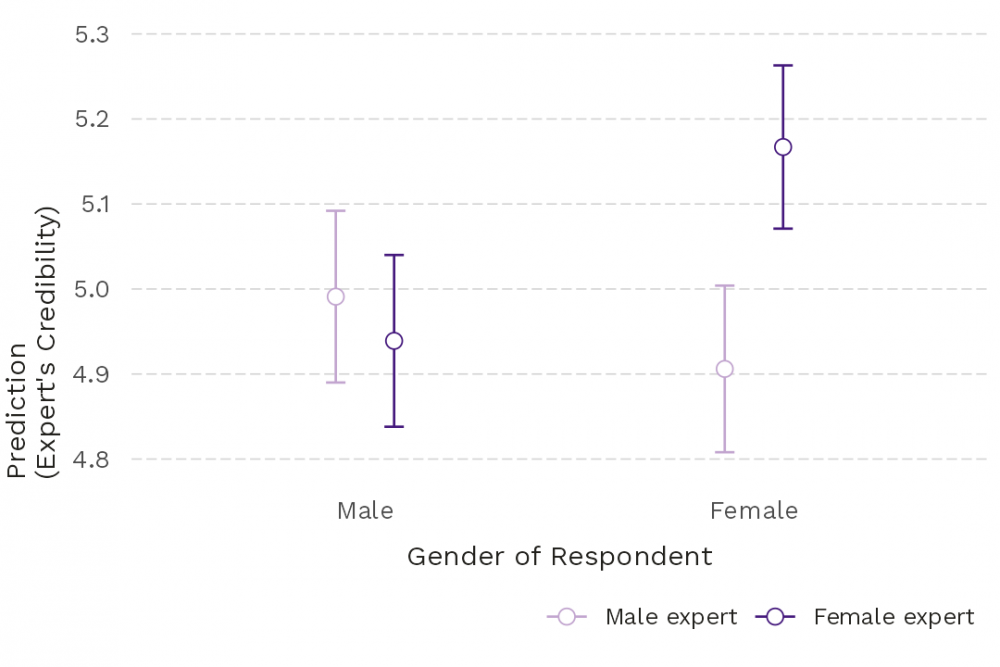Researchers often play a central role in policy-making. Nevertheless, female experts are often disadvantaged by gender-specific prejudices. A new study investigates whether women are perceived as less credible than their male colleagues. The article provides an insight into public perception.
Introduction
Despite the acknowledged importance of experts in the formulation of public policies, gender biases persist, affecting the recognition of women’s expertise in various fields. These prejudices manifest themselves in the under-representation of women in university departments and in the media. This raises the question of whether female experts are perceived as less credible than their male counterparts.
Our understanding of how the public perceives female experts, particularly in terms of gender differences, remains limited. This study extends the existing literature by examining the perceptions of various types of experts, thereby filling gaps in our understanding. It underlines the importance of taking individual characteristics into account when assessing source effects, which has often been neglected in earlier studies.
Surprisingly, our results contradict the assumptions of gender bias. They thus challenge conventional wisdom and offer a new perspective on the effect of gender in expert opinion.
The research process
In February 2022 we conducted an online survey among 1854 Swiss citizens. The sample was designed to be representative in terms of gender, education, political ideology and region, with a slight bias towards French-speaking citizens resulting from planned oversampling. In the experiment, respondents were presented with a factually correct expert opinion on the consequences of climate change, taken from reputable media and translated into German and French (see Box 1).
After reading the quoted material, respondents rated the (male or female) expert’s credibility using a scale consisting of six pairs of adjectives. These covered expertise (competent/incompetent, well educated/less experienced) and reliability (sincere/insincere, fair/unfair, trustworthy/not trustworthy).
Results
The results of the survey experiment contradicted our initial hypotheses. Female experts were not considered less credible than their male counterparts. On the contrary, they were often given a higher credibility score, particularly by female respondents. This phenomenon was not observed among male respondents, who made no gender distinction in their credibility ratings (see Figure 1). Furthermore, the study showed that there was no significant difference in credibility between experts in natural sciences and experts in social sciences. The study highlights the potential value of increasing the representation of women in expert opinion, not only for gender equality, but also for improving public receptivity to scientific evidence. By exploring these nuanced dynamics, our study provides a better understanding of how experts can effectively communicate their recommendations to public decision-makers.
Figure 1. Credibility of experts according to the gender of experts and respondents

Figure : Alix d’Agostino, DeFacto · Note :Interaction effect of experts’ gender (male, female) and gender of respondent on expert’sperceived credibility. Mean predicted perceived credibility surrounded by 95% confidence intervals.
Reference:
Bundi, P., Hanimann, A., Portmann, L., & Varone, F. ( 2024 ). The future might be female: How does the public perceive experts? Journal of European Public Policy, 1-27.
Picture: Unsplash.com






